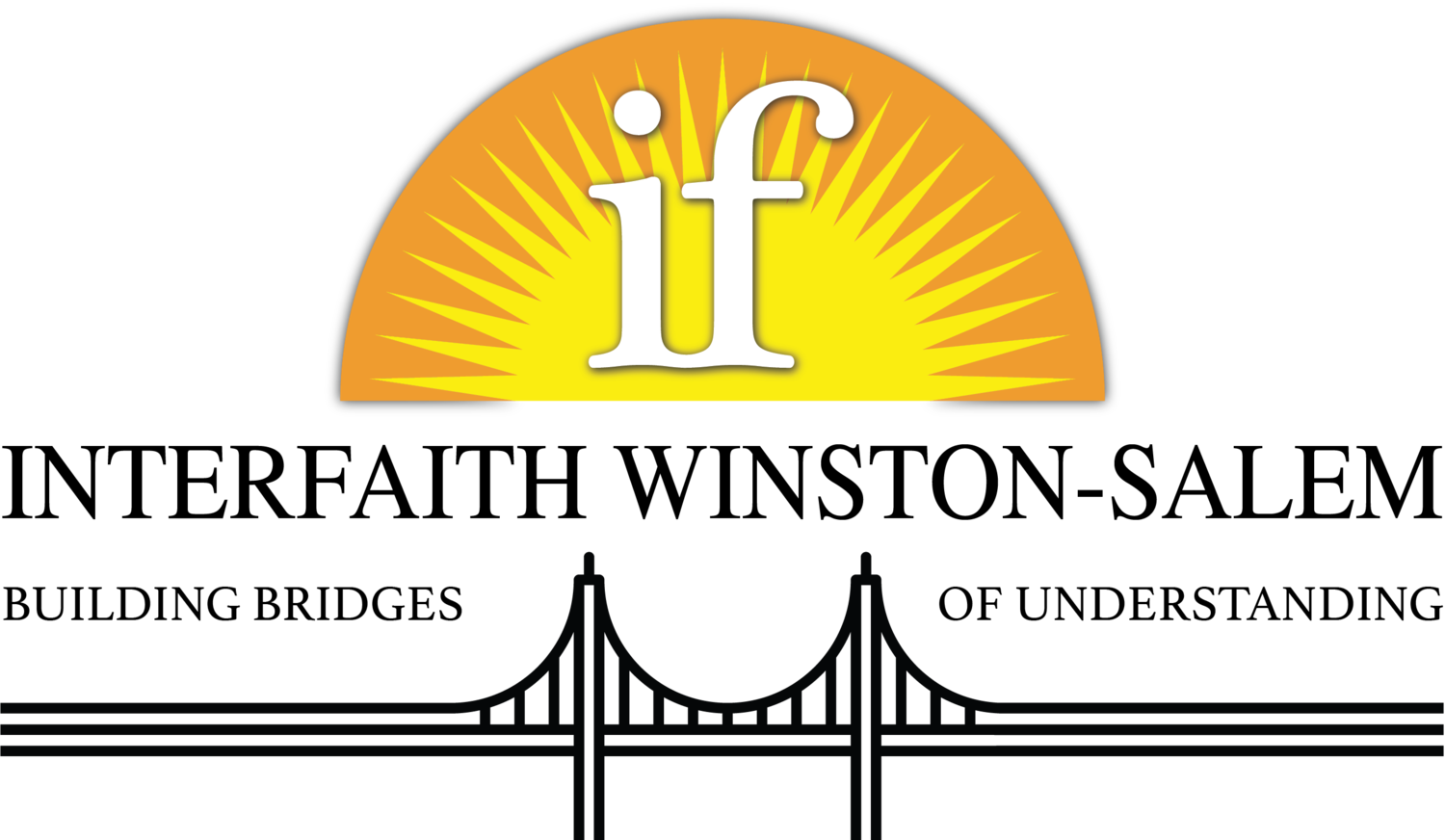Compassionate Winston-Salem has a favorite saying: “Justice is compassion raised to an institutional level.” When I think about this quote, it really gets me to think deeper about the meaning of the word justice. What is justice? How do we achieve justice? And what does it mean to “hold someone accountable?” The answers to these questions aren’t simple, and then they lead me to more questions – Can we do better justice? Who decides if justice has been served? Are there other ways to think about justice?
In his book Changing Lens, Howard Zehr says, “True justice cannot occur unless people and relationships are transformed into something that is healthy so the injury does not recur.” Restorative justice is justice that focuses on transforming and healing relationships. How does restorative justice compare to our traditional justice system? Zehr summarizes it briefly by comparing the questions we seek to answer:
Our traditional justice system tries to answer three questions:
· What crime was committed?
· Who committed the crime?
· How should they be punished?
Restorative Justice asks three very different questions:
· What harm has been caused?
· Who has been impacted by this harm and what are their needs?
· Who is responsible for addressing the needs and healing this harm?
Restorative Justice recognizes the importance of everyone involved - the victim, the offender and the community that surrounds them. A foundation of respect for all people undergirds every interaction between those involved – extending compassion in a process that so desperately needs it. Victims are able to express the depths of their ordeal and are empowered to contribute their wishes in the process and in the outcome. Offenders face the real aftermath of their actions – not the arrest, trial and prison – but the effects of the harm they inflicted on another person. They are accountable for the hurt they caused and take an active role in repairing it – more meaningful than a sentence imposed passively onto the offender that has nothing to do with the injury. The community surrounds both and finds ways to support the victims in their path to healing, and also support the offenders in their journey to a new, restored life as a valued community member.
Restorative justice also has applications in our schools. Suspensions have been the go-to discipline approach for a range of infractions for decades, and with the expanding reach of zero-tolerance policies, suspensions are increasing quickly. But there is no evidence to show that suspensions are highly effective tools for helping students change their behavior. In fact, suspensions can have lasting and harmful effects. Recent reports have revealed an alarming trend of racial disparity in the use of suspensions. In North Carolina, African-American students receive 51% of the total suspensions, but only make up 26% of our school enrollment. Every suspension increases the likelihood that a student will drop out of school. Multiple studies have shown a strong correlation between students who have been suspended and their chances of future involvement in the juvenile or adult criminal justice systems. This school-to-prison-pipeline has devastating effects on our communities.
Restorative Practices is the movement to enact the values of restorative justice in our every day lives. When restorative practices are applied in a school setting, there is an emphasis on building relationships and developing a strong sense of community. Restorative practices help teachers and administrators connect with students. This personal connection to their school community encourages students to be more involved in the classroom and in their learning. As a result, this higher level of connectedness helps keep kids in school – from reduced suspension rates to higher attendance and graduation rates (see www.SaferSanerSchools.com for additional statistics). Lowered suspension rates do not mean that students are getting away with disruptive and harmful behaviors. Students are still held accountable for their actions. Indeed, they are held to a higher level of accountability than a simple suspension because they must admit how their actions impacted others and take steps to repair the harm they caused.
The way we understand and pursue justice can have a profound impact on individuals and the community. Through this restorative approach, my own understanding of justice has deepened and compels me to seek alternative paths to justice. I hope our community can come together, through initiatives like Compassionate Winston-Salem and others, to explore ways to foster a more restorative Forsyth County. Stay connected with updates by following on Facebook at Restorative Forsyth or on twitter @RestorativeNC. If you want to be actively involved in this initiative, contact Jerry McLeese at jmcLeese1@yahoo.com or Valerie Glass at vglass3@gmail.com.
